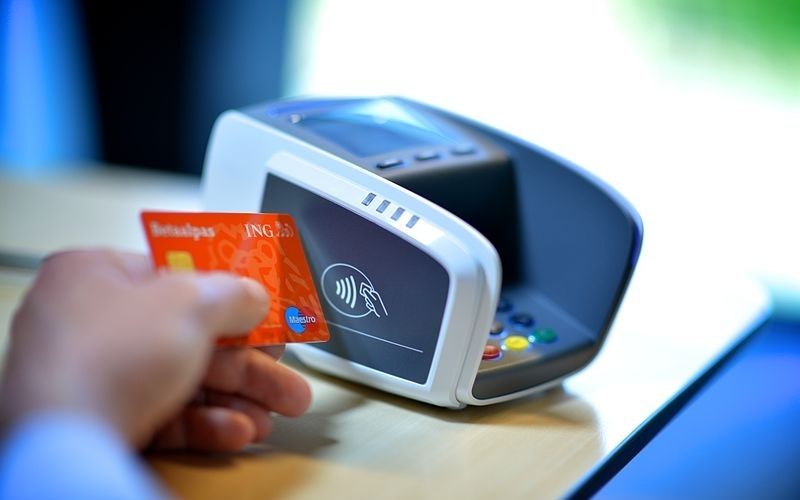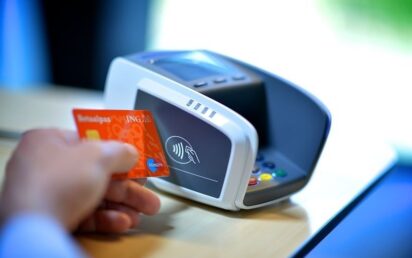Contactless card payments could soon exceed £100 and may even become unlimited under new proposals that would allow banks and card issuers to set their own limits.
The Financial Conduct Authority (FCA) has suggested changes that would make entering a four-digit PIN at the checkout increasingly rare.
If approved, shoppers could tap their cards for purchases well above £100, from supermarket shops to family restaurant meals.
The move would bring physical cards in line with mobile wallets like Apple Pay and Google Pay, which already have no caps.
It comes four years on from when the contactless limit was raised from £45 to £100 in 2021.
Increases have previously raised concerns about theft and fraud, but the FCA said banks would only allow higher-value contactless transactions if deemed low-risk and would absorb the cost if fraud occurs.
However, giving issuers control over their own thresholds could mean the PIN code becomes largely irrelevant.
Despite the proposal, the public body said most respondents to its consultation were opposed to any change, with 78% of consumers favouring the current rules.
It also said that no rapid changes are expected, but argued that providers will welcome flexibility over time as technology advances and prices rise.
“The FCA’s proposal to let issuers set their own contactless payment limits may sound like progress, but for merchants, it risks creating confusion rather than convenience,” said Chris Jones, managing director at PSE Consulting.
“Many retailers are already fielding questions about the existing £100 limit, and in reality, most staff can’t offer advice – they simply follow whatever the terminal instructs. Introducing variable limits set by individual banks would only add to this uncertainty.
“Terminals will still prompt for a PIN if a limit is exceeded, but removing a single, consistent threshold complicates day-to-day operations and could slow queues.
“In practice, we may even see more merchants asking customers, ‘Do you have your phone with you?’ – given that, according to our research, around 40% of UK contactless transactions are already made via mobile wallets which bypass these limits altogether. This move is likely to strengthen the role of Apple and Google at the point of sale.”
David Geale, executive director of payments and digital finance at the FCA, added: “We‘re seeing smarter payment technology and more well-established fraud controls, so it’s the right time to let firms tailor contactless payments to fit their customers’ needs and drive innovation.
“While we wouldn’t expect to see immediate changes to limits by firms, they would have the flexibility to make payments more convenient for customers.
“People are still protected; even with contactless, firms will refund your money if your card is used fraudulently.”
Some banks already allow cardholders to set their own limits or switch off contactless altogether.
The FCA believes giving issuers more freedom would reduce ‘payment friction’ and better reflect rising prices, but the move would also require widespread updates to card terminals, which currently reject payments above £100.


